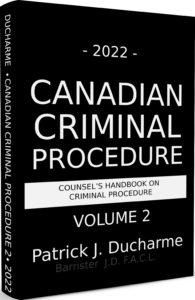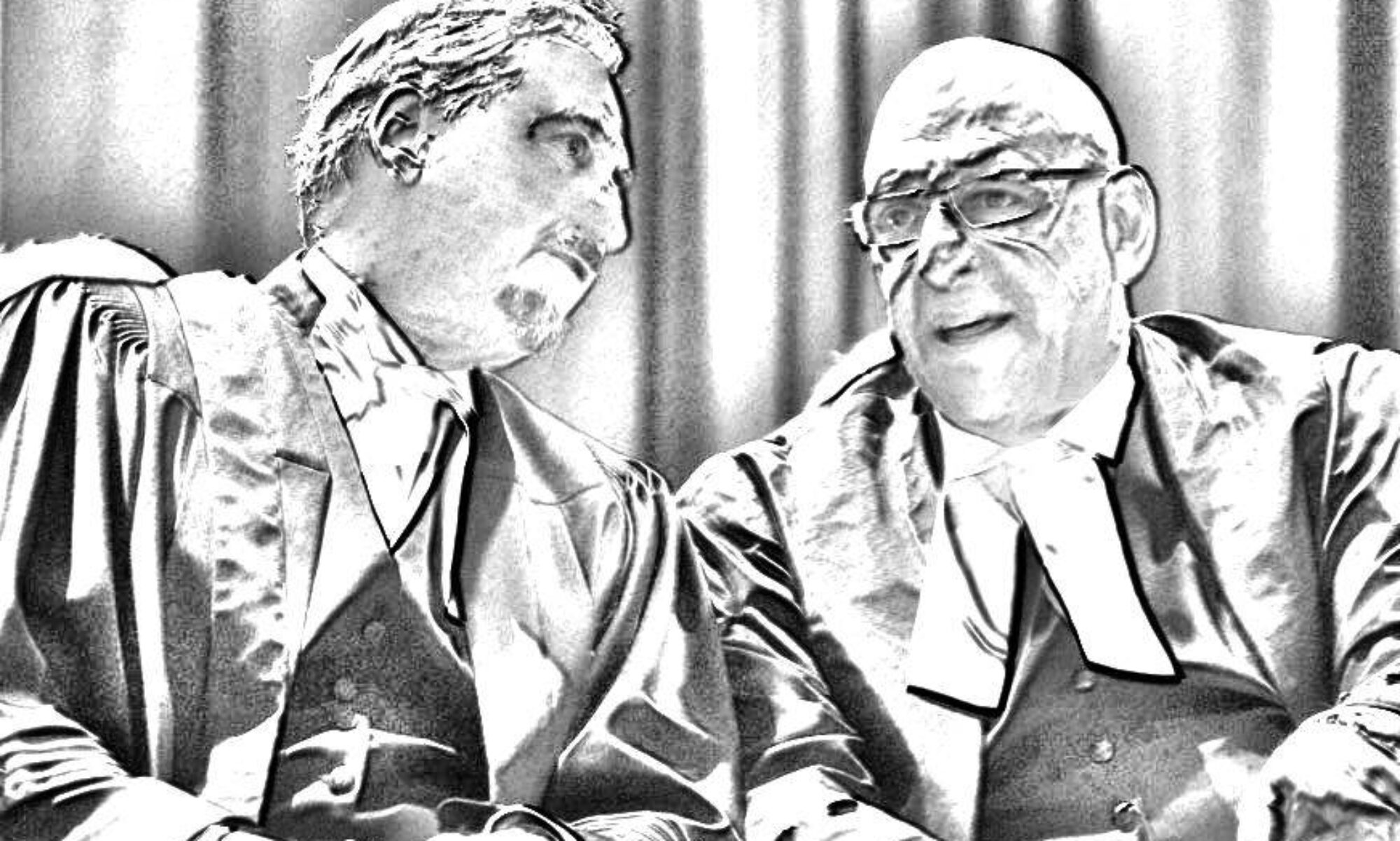 |
| Patrick Ducharme |
There are now two parts to the issue of reliabilty; threshold reliability and ultimate reliability. In determining the question of threshold reliability, the trial Judge acts as a gatekeeper, mindful that hearsay evidence is presumptively inadmissible. The ultimate reliability is left to the trier of fact. To determine threshold reliability all relevant factors need to be considered, including, for example, the presence of supporting or contradictory evidence. Here, the court expressly overruled its earlier decision in Starr.1
The court clearly decided to adopt a more functional approach focused on the particular dangers raised by the hearsay evidence and on the circumstances relied upon to overcome those dangers. Supporting or conflicting evidence will be relevant in this inquiry. If the court determines the hearsay evidence is necessary and reliable the court will order that the evidence is admissible despite the fact that it is hearsay.

The above is the an excerpt of Patrick J Ducharme's book, Canadian Criminal Procedure Volume 2, available at Amazon or in bulk through MedicaLegal Publishing along with Criminal Trial Strategies.
Subscribe to Patrick Ducharme's Youtube Channel
